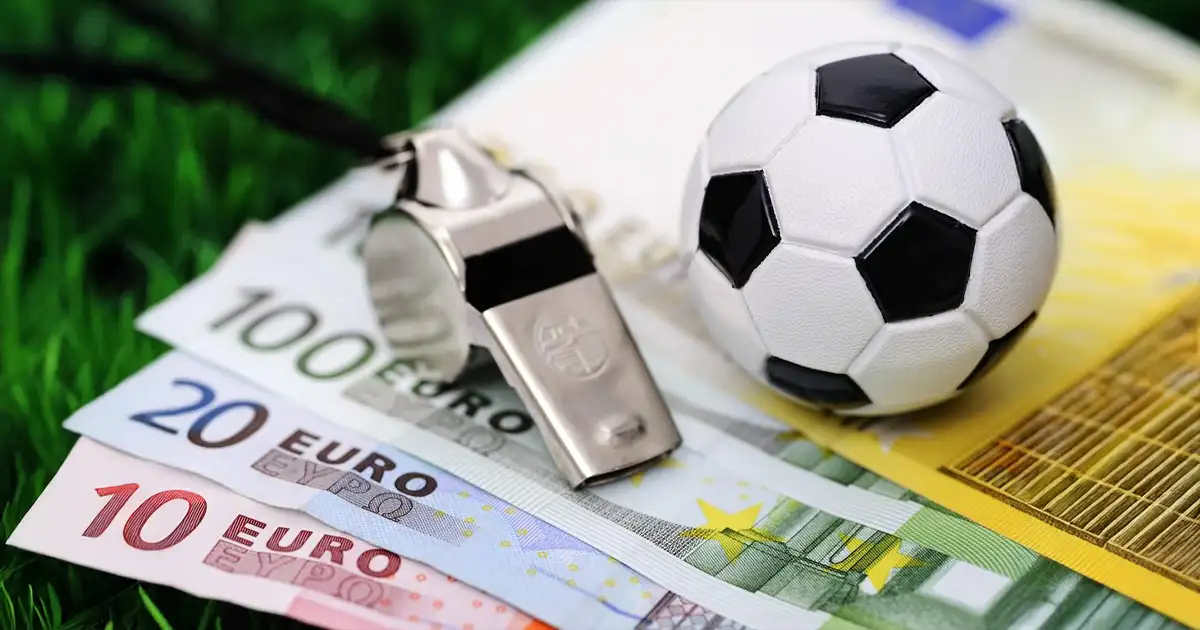Suspicious cash flows? This is how the gambling industry tackles them
The fight against match-fixing is very similar to the way we fight money laundering. Money laundering is all about finding suspicious money flows. You can apply the same thinking to suspicious betting.
For example: if someone suddenly bets large sums on a small regional football match, that could be suspicious. Banks should then report such an unusual transaction. Sports federations can also use this principle to spot suspicious patterns.
The rules against money laundering have clear steps. They lay down who has to report what and how they do it. This provides a good basis for fighting match-fixing.
The value of suspicious reports in the gambling industry
In money laundering, Suspicious Activity Reports (SARs) are an important tool. These reports indicate that something is not right. In gambling, SARs work in the same way.
A good example comes from the UK. There, it was noticed that someone suddenly placed large bets on matches in the lower football divisions. The bookmaker made a report via a SAR. Investigators then found indications that agreements had been made about the outcome of these matches.
This approach is also used in Sweden. A gambling company discovered suspicious patterns in online gambling on tennis matches. They shared the information with the authorities. This revealed a network that bribed players to lose on purpose.
Reports like this allow investigators to act faster. They see earlier which matches are suspicious and who is involved. So they tackle match-fixing faster.
Why cooperation remains essential
Tackling money laundering shows that cooperation pays off. Banks, businesses and regulators act together. As a result, suspicious money flows are spotted earlier.
It works the same way with match-fixing. Sports federations, gambling companies and investigators need to share their information. In this way, they make it a lot harder for criminals.
A good example of this is the cooperation in Belgium. There, the football association cooperates with gambling companies and the Gaming Commission. They exchange information and raise the alarm if something is not right. This keeps the sport honest and gives criminals less chance.
Cooperation ensures that suspicious money flows or patterns do not go unnoticed. It prevents criminals from using sport to launder money or manipulate results. In the end, we all want the same thing: fair sport without fraud.


